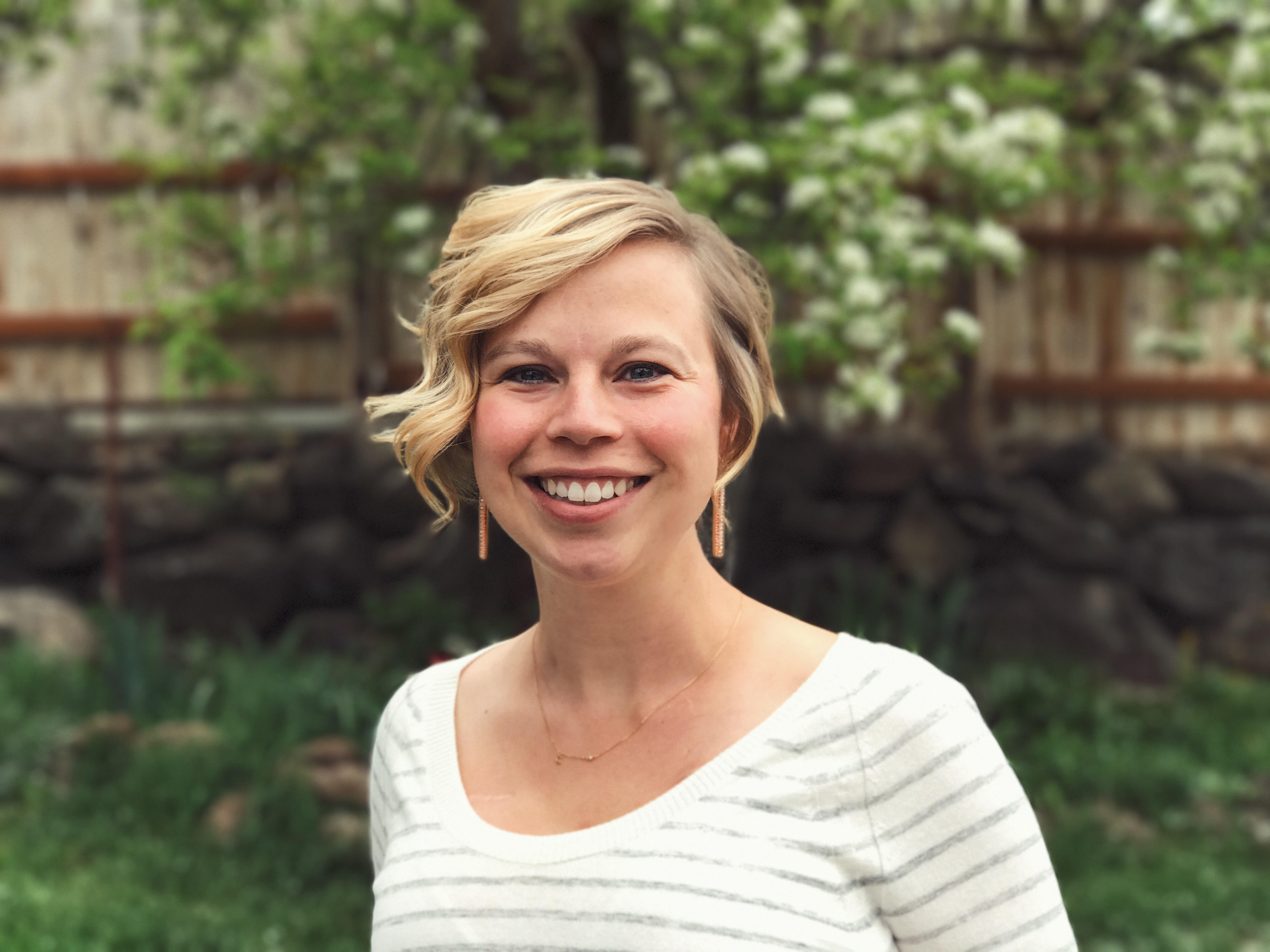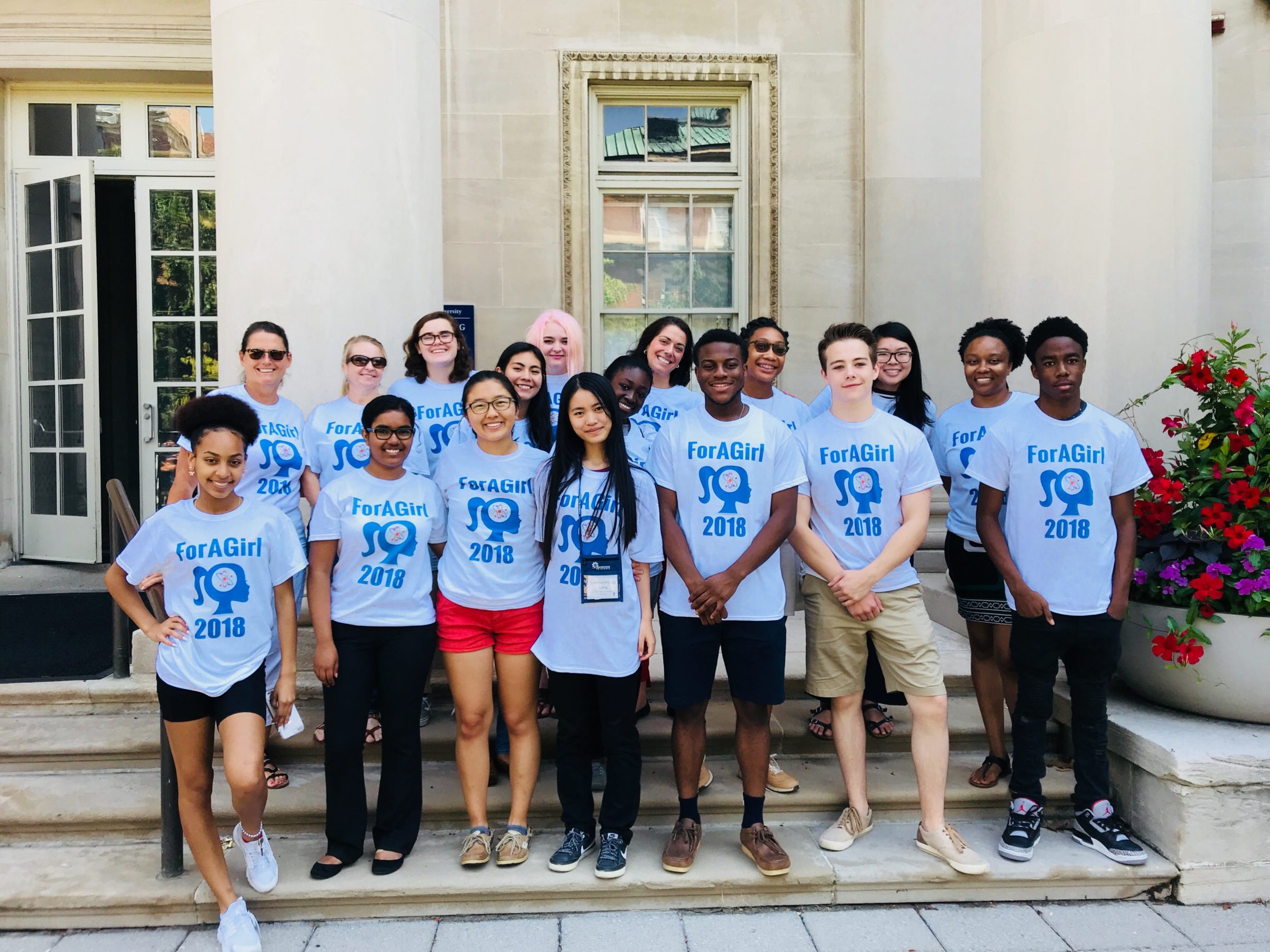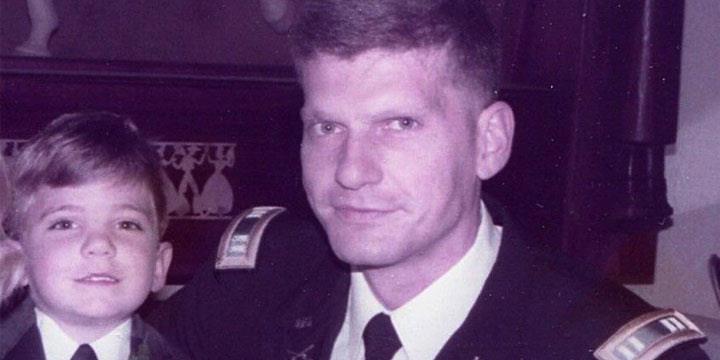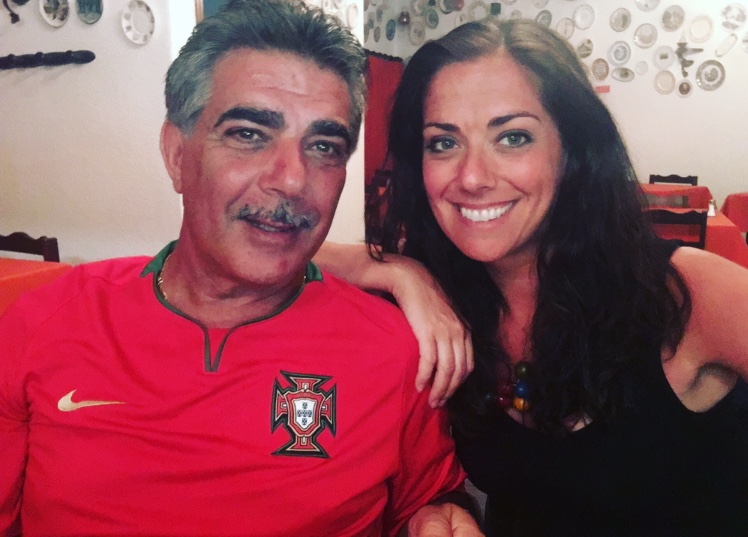Caitlyn Littrell is Executive Assistant at Born This Way Foundation
Cancer has been a main character in my life for fourteen years. My beloved grandfather passed away from esophageal cancer on Christmas Eve, 2004; two weeks later, my mama was diagnosed with ovarian cancer—which she fought bravely for eight years before she passed away in 2012; and I was diagnosed with stage IV breast cancer three weeks before she died. I was 28 years old, happily married to my college sweetheart, Ryan, and mama to three little boys. My cancer journey has been a gut-wrenching, horrible, beautiful, faith-building, humbling experience. While I have always believed in the importance and power of kindness, the refining nature of my cancer battle has shown me the saving and restorative powers of kindness. I am a story-teller by nature, and the best way I know to explain what I mean is to share a story:
Since my cancer was so advanced, I will always be a cancer patient who needs regular infusions. The main infusion I get is called Hereceptin, and I go to the cancer center to receive it every three weeks. I hate to admit it, but I often feel pretty sorry for myself on the drive to my Herceptin appointments. I try to bolster my self-pity with reminders that it’s not as bad as chemo, my disease is totally managed, Herceptin is a miracle drug, etc. These thoughts help, but honestly they’re mostly drowned out by the reality of how sick I’m going to feel for the next few days and that I have to do this every three weeks FOR THE REST OF MY LIFE. So I drag my feet a bit.
However, I always leave these infusion appointments overwhelmed with gratitude. Because while I’m there I see the people who are still in the thick of their cancer battles; I see people who are being destroyed by the chemo that is destroying their cancer; I see people who smile anyway and are kind despite their pain; I see people who are longing to be at the stage I’m at. Self-pity can’t survive that environment. So I leave with praises on my heart. My current story may include Herceptin, but at least it doesn’t include active cancer and grueling chemo.
During one of my Herceptin appointments, I met someone who changed my perception of my treatments forever.
I often have wonderful conversations with the nurses and the other people getting treatment around me. People in the cancer world are almost always exceedingly kind, because they know everyone around them is living out a very hard tale. This camaraderie and friendliness is often a big part of lifting my spirit, and I make it my goal to bless the people I speak with and to listen well.
On this particular day, I started off as the only patient in the treatment room. My nurse and I chatted amiably as she plugged me in, and then I was left in silence to read my book (truly a treat in my life full of boisterous boys). I was fully engrossed when a beautiful lady and her husband followed my nurse to the chair next to me. The woman relied heavily on the cane in her right hand, and I could tell each step was painful. But I was taken with her grace and dignity and the way her husband looked at her with love and veiled concern. There’s no way to avoid eavesdropping in those close quarters, so I soon learned this was her very first chemo to treat breast cancer. My heart clenched as I remembered my first appointment, the uncertainty and fear mixed with relief at being able to tangibly fight back. I couldn’t help but notice this woman and her husband were a lot like Ryan and me, just a couple decades older. The husband cracked jokes all throughout the chemo orientation, making the woman giggle and the nurse smile. Ryan often made me laugh during the most dire moments, breaking fear’s hold on me.
I didn’t want to interrupt, and my treatment was almost done, so I wrote my name and information on a piece of paper, planning to hand it to her on my way out. After the nurse came over to unplug me, she paused and said, “Caitlyn, do you think you could speak to Kathy about your experience with your port?” My heart leapt at the opening, and I turned to the women eagerly.
Our conversation only lasted about five minutes. She had lots of questions, and I had lots of answers. For good or ill, I was a veteran of this battle and had a lot to share about ports, side effect medication, natural remedies, and helpful foods. We both smiled a lot as we talked, and her husband smiled at us smiling. I saw her grip his hand and grin at him, and I could read her thoughts. They both saw me as a light at the end of their tunnel—proof that there was an end to this cancer tunnel after all and even some smiles to be found there.
I reminded her I truly meant it when I said it was ok to call about anything, and I turned to gather my stuff. Ryan and the boys were waiting for me outside the hospital. “Caitlyn,” she said right before I turned to leave, “I believe God sent you here today to give me hope. You have lifted my heart in a way I didn’t think was possible today. Thank you.”
“You’ve lifted my heart too,” I answered.
As I left the building, I was struck with the beauty of her words.
Funny how even painful things become purposeful when I forget myself and realize there’s a lot more at work than my own journey.
I was overwhelmed at the privilege I had to reach that woman and her husband at the beginning of their chemo journey. While past Herceptin experiences made me thankful for my current situation, I was suddenly filled with gratitude for the hard journey behind me. Without that road, I wouldn’t have this exclusive access to people’s hearts when they are in a vulnerable state.
They don’t let just anyone into cancer centers. All the centers I’ve been to have had strict rules about who can enter. Patients’ weakened immune systems and the desire to minimize how traumatic the experience can be led to lots of rules about who is allowed. I have had a heart for people struggling with cancer for many years, but it wasn’t until I was a cancer patient that I got a ticket into their inner circle.
I have found that one of the first steps in being kind to others is realizing my exclusive access to their lives. The people I’m around every day—whether in line at Trader Joe’s, shoulder-to-shoulder at the movies, across the room at the cancer center, or across the table on a coffee date—are my exclusive access in that moment in time. I’m the one who gets to lift their spirits, listen to their stories, and sometimes even help them find a solution to their pain.
I am not perfect at always recognizing when I should look up from whatever I’m doing to take advantage of this access, but every time I do, I know that I am part of a bigger story – one in which we are all connected and all capable of making each other’s lives a little bit easier. I have been on the receiving end of this form of kindness in big and small ways (numerous meals on treatment days, Starbucks gift cards, chocolate chip cookies on my doorstep, people watching my boys when I had surgery, and even a trip to Hawaii from my friends to celebrate getting through my first year of fighting cancer). I am so grateful for the chance to live each day as an opportunity to pass this kindness along.
Pledge to be kind to yourself and to your community – in big and small ways – by signing up for our #BeKind21 challenge: http://bornthisway.foundation/bekind21





